Religion is one dimension of culture, a transcendent element of it
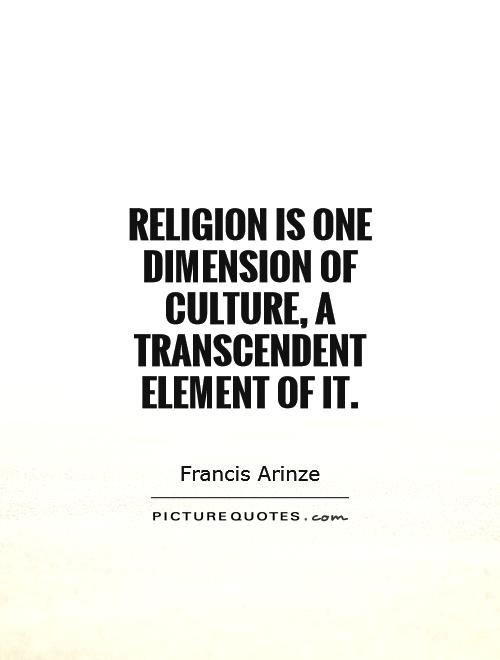
Religion is one dimension of culture, a transcendent element of it
Francis Arinze, a Nigerian Cardinal of the Roman Catholic Church, has spoken extensively on the relationship between religion and culture. In one of his famous quotes, he stated that "religion is one dimension of culture, a transcendent element of it." This statement highlights the interconnectedness of religion and culture, suggesting that religion plays a significant role in shaping and influencing cultural beliefs, values, and practices.Religion is often seen as a fundamental aspect of culture, as it provides individuals with a set of beliefs, rituals, and moral guidelines that help to define their identity and worldview. In many societies, religion serves as a central organizing principle that influences various aspects of daily life, including social norms, family structures, and political systems. As such, religion can be considered a transcendent element of culture, as it often transcends individual beliefs and practices to become a shared and collective experience that binds communities together.
Furthermore, religion can also serve as a bridge between different cultures, as it provides a common ground for people of diverse backgrounds to come together and share in a sense of belonging and purpose. In this way, religion can help to foster understanding, tolerance, and cooperation among individuals and communities, promoting a sense of unity and solidarity that transcends cultural differences.
However, it is important to recognize that religion is not the only dimension of culture, as culture is a complex and multifaceted phenomenon that encompasses a wide range of beliefs, practices, and traditions. While religion may play a significant role in shaping cultural identity, it is just one of many factors that contribute to the richness and diversity of human culture.
Overall, Francis Arinze's words remind us of the profound influence that religion can have on culture, and the ways in which it can help to shape and define our shared human experience. By recognizing the transcendent nature of religion within culture, we can better appreciate the role that religion plays in shaping our beliefs, values, and relationships with others.
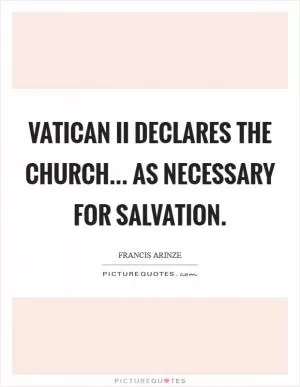

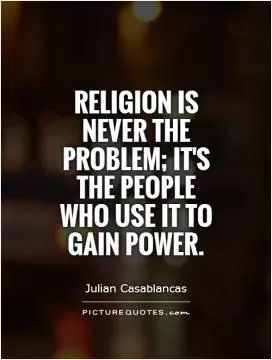
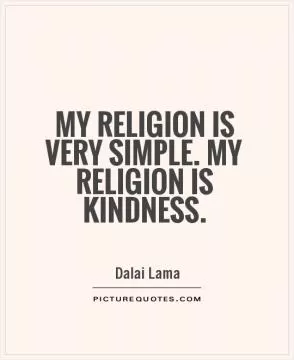

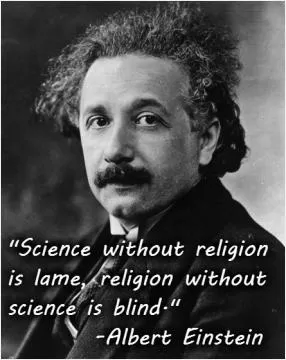
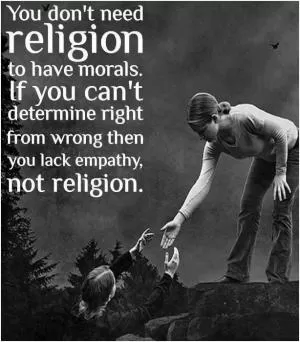



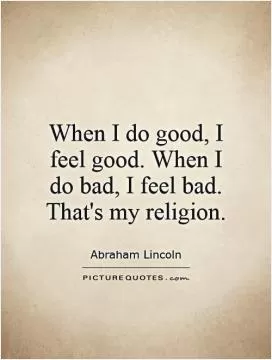

 Friendship Quotes
Friendship Quotes Love Quotes
Love Quotes Life Quotes
Life Quotes Funny Quotes
Funny Quotes Motivational Quotes
Motivational Quotes Inspirational Quotes
Inspirational Quotes